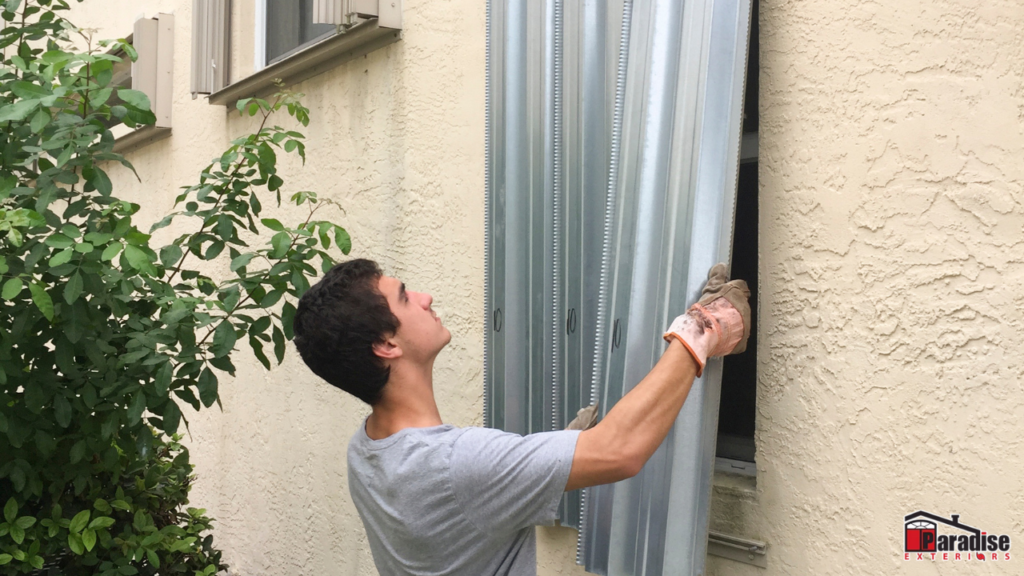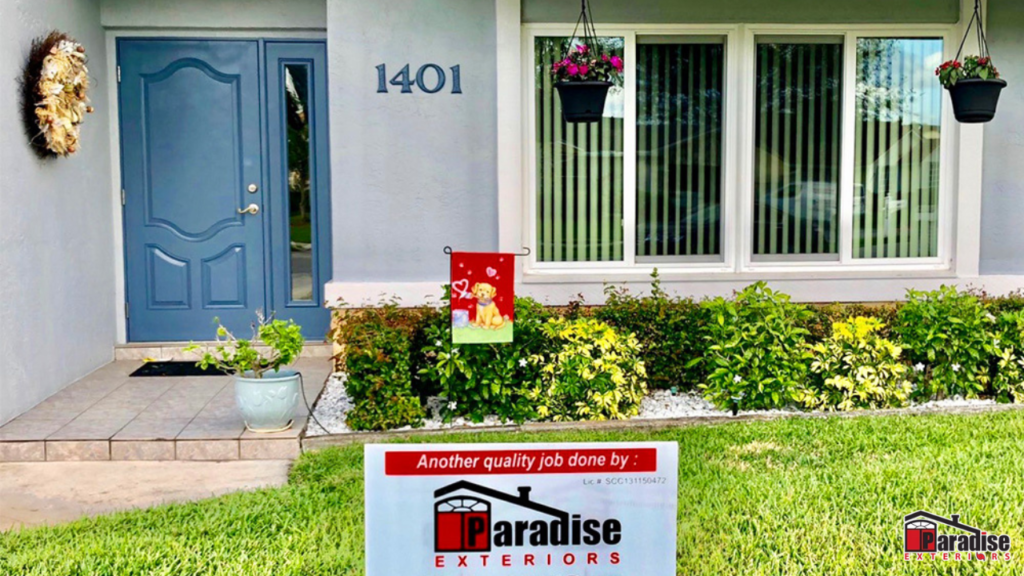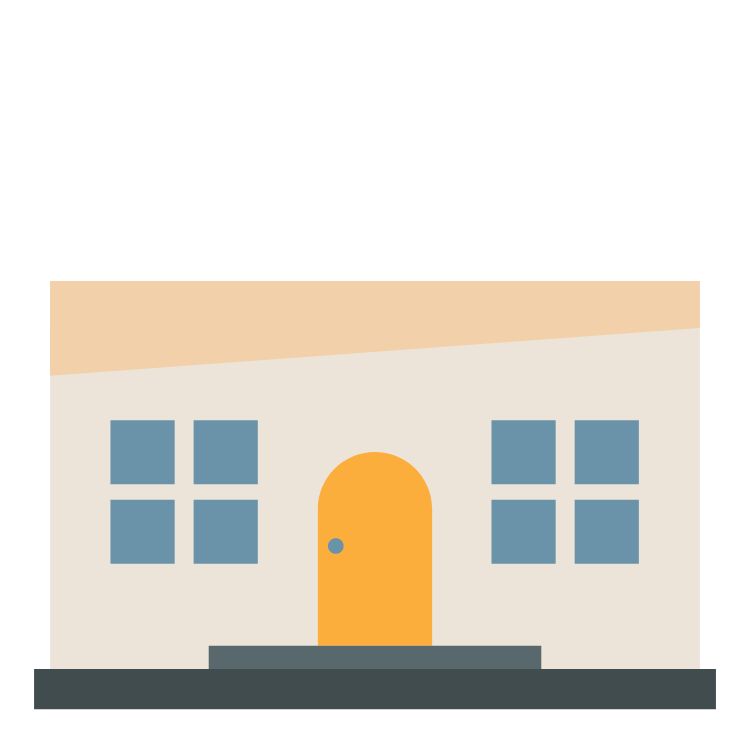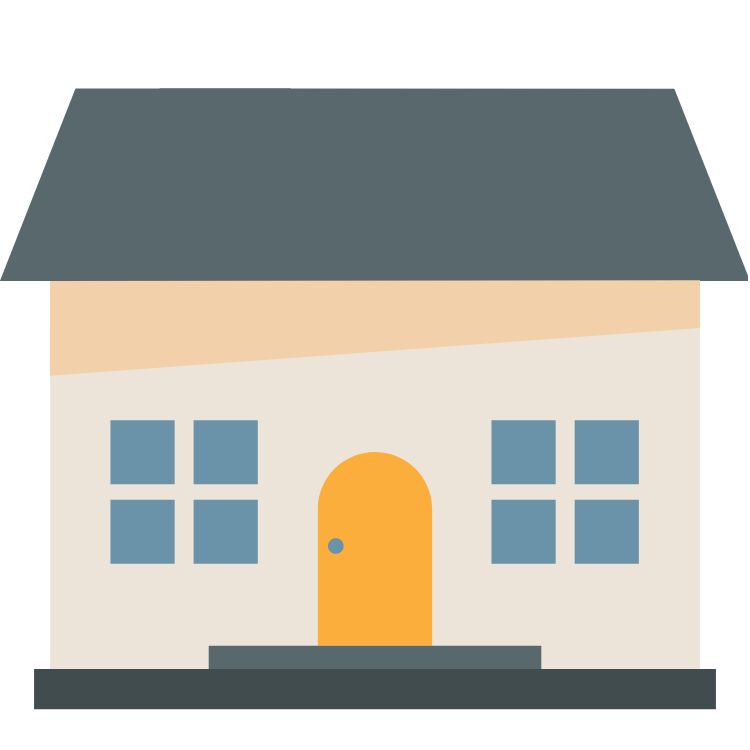So you’re thinking about replacement windows for your Coral Gables home. That’s a smart move. Whether your current windows let in too much heat, rattle during storms, or just look tired, new windows can transform your entire living experience.
But here’s the thing about window replacement: it’s not as simple as picking something pretty and calling it a day. There’s a whole world of considerations, from hurricane protection to energy efficiency to property value. And if you’re like most homeowners, you probably have no idea where to start.
Don’t worry. We’ve got you covered.
This guide will walk you through everything you need to know about replacement windows in Coral Gables. We’ll cover the basics, dive into the details that matter, and help you make decisions that actually make sense for your home and your wallet.
Why Replacement Windows Matter More in Coral Gables
Let’s start with the obvious stuff. Old windows suck. They let in drafts, make your AC work overtime, and probably haven’t been updated since the Clinton administration.
But here’s what most people don’t realize: your windows are doing way more heavy lifting than you think. In South Florida, they’re your first defense against hurricanes, your primary barrier against humidity, and one of the biggest factors in your energy bills.
Consider this: the average South Florida home loses about 30% of its heating and cooling energy through windows. That’s not just uncomfortable but expensive.
Good replacement windows can cut your energy costs by 7-15% and reduce outside noise as well. And if you choose impact-resistant options, they can literally save your home during hurricane season.
Replacement windows matter. A lot.
Understanding Your Coral Gables Climate Challenges
Living in Coral Gables means dealing with some unique environmental factors. The humidity alone can make your life miserable if your windows aren’t up to the task.
Here’s what your windows are battling every single day:
- Intense UV Rays: South Florida gets some of the strongest UV exposure in the country. Cheap windows let these rays fade your furniture, artwork, and flooring. Quality windows with Low-E coatings block up to 99% of harmful UV rays.
- Hurricane-Force Winds: We’re talking about winds that can reach 150+ mph. Regular windows become projectiles in these conditions. Impact windows are specifically designed to withstand these forces without shattering.
- Constant Humidity: That sticky feeling isn’t just uncomfortable. High humidity can cause condensation between window panes, leading to mold, mildew, and eventual seal failure.
- Salt Air Corrosion: If you’re anywhere near the coast, salt air is constantly attacking your window frames. Aluminum and vinyl frames handle this better than wood, but quality matters regardless of material.
- Temperature Swings: Your AC keeps your house at 72°F while it’s 95°F outside. That’s a lot of thermal stress on your windows. Poor-quality windows expand and contract, leading to seal failures and air leaks.
These challenges illustrate just why generic, one-size-fits-all windows don’t work in South Florida. You need windows specifically designed for this climate.
Types of Replacement Windows That Work in Coral Gables Homes
Not all windows are created equal, especially in South Florida. Here are the options that make sense for Coral Gables homes:
- Single-Hung Windows: The most common and affordable option. The bottom sash slides up while the top stays put. They’re simple, reliable, and work well for most applications. The downside? Limited ventilation options.
- Double-Hung Windows: Both sashes move, giving you better airflow control. You can open the top for hot air to escape and the bottom for cool air to enter. They cost more than single-hung but offer better ventilation.
- Casement Windows: These swing outward like doors. They seal tighter than sliding windows, making them more energy-efficient. Great for catching breezes, but they can be problematic during storms if not properly secured.
- Awning Windows: Hinged at the top, these open outward from the bottom. Perfect for Florida’s frequent rain showers because you can keep them open even during light rain. Often used in combination with other window types.
- Sliding Windows: Move horizontally instead of vertically. They’re easy to operate and work well for contemporary homes. However, they don’t seal as tightly as other options and can accumulate debris in the tracks.
- Picture Windows: Fixed windows that don’t open. They’re purely for views and natural light and often combined with operable windows for the best of both worlds.
The key is choosing the right type for each specific location in your home. Bedrooms might need different windows than living areas or bathrooms.
Impact Windows vs Regular Windows
This is where the decision gets real. In South Florida, it’s not a matter of whether you should think about impact windows. It’s a matter of whether your home can afford to go without them.
The difference starts with construction. Impact windows are built with laminated glass, using two panes bonded together with a durable interlayer. When debris strikes, the glass may crack, but it stays intact. Regular windows, on the other hand, break apart and send dangerous shards flying. That leaves your home exposed to wind, rain, and pressure shifts.
But it’s not just the glass. Impact window frames are reinforced to stay firmly anchored during hurricane-force winds. Standard frames, by comparison, can twist, bend, or pull away from the wall under pressure.
And when a window gives out, it creates a domino effect. Wind enters your home, pressurizes the interior, and starts lifting at the roof. That’s often how catastrophic damage begins. Impact windows stop that chain reaction before it starts.
The advantages don’t end with storm protection. Homeowners with impact-rated windows often qualify for reduced insurance premiums, sometimes saving 15 to 20% on hurricane-related coverage. Over time, those savings can add up significantly.
There’s also the year-round benefit of energy efficiency. The laminated glass acts as an insulator, helping to keep cool air in and hot air out. Combined with tighter, reinforced frames, impact windows can noticeably lower your electric bills. That’s especially important in South Florida’s climate, where HVAC systems run nearly nonstop.
Yes, the upfront cost is higher than standard replacement windows. But take a step back and look at the full picture. Impact windows eliminate the need for hurricane shutters. They provide lasting energy savings and unlock insurance discounts. They add security and reduce outside noise. And they increase your property’s resale value.
So while regular windows may save you money on day one, impact windows continue to pay off year after year.

Hurricane Shutters: Your Second Line of Defense
Even with impact windows, many Coral Gables homeowners choose to add hurricane shutters for additional hurricane-proofing. Here’s why that might make sense for your situation.
Types of Hurricane Shutters
- Accordion shutters fold out from the sides of your windows and are permanent installations on your home. They’re quick to deploy, and often have a more industrial look.
- Roll-down shutters are stored in a housing above your windows. Push a button, and they roll down. They are convenient but expensive, and the housing is visible year-round.
- Bahama shutters mount above windows and prop open at an angle. They provide shade and hurricane protection while adding a tropical aesthetic to your home.
- Storm panels are removable aluminum or steel sheets that bolt over your windows. They are the cheapest option, but they require storage space and physical effort to install.
Why Hurricane Shutters Still Matter
While impact windows often steal the spotlight, hurricane shutters still hold their own, especially when it comes to property value, insurance perks, and convenience.
For starters, shutters can add real value to your home. Buyers in South Florida actively look for properties with built-in storm protection, and a recent study showed that homes with comprehensive hurricane protection sell for 3 to 5% more than similar homes without it. On a $500,000 property, that’s an additional $15,000 to $25,000 in resale value. In many cases, shutters more than pay for themselves.
There’s also the insurance angle. Like impact windows, hurricane shutters can qualify you for discounts on your homeowners’ insurance. The savings can be substantial, especially if the shutters are professionally installed and certified to meet local code requirements. Be sure to check with your provider, as documentation is usually required to claim those credits.
Convenience is another benefit that gets overlooked. Preparing for a storm is already stressful. Wrestling with heavy plywood panels or digging through storage for outdated shutters only adds to the chaos. Modern options like accordion or roll-down shutters stay in place year-round, making storm prep as simple as locking a door.
For homeowners looking to upgrade their storm readiness without replacing every window, hurricane shutters remain a smart, high-value solution.
How to Choose the Right Contractor and Time Your Window Project
Upgrading to impact windows is a smart move, but only if the job is done right. Choosing the wrong contractor or having poor timing can lead to delays, warranty issues, and weak protection when you need it most. Here’s how to approach your window project when it comes to picking the right professional and knowing when to start.
Know Who You’re Hiring
Start by verifying credentials. In Florida, all window contractors must be licensed. Don’t take a verbal claim at face value. Check the license number through the Florida Department of Business and Professional Regulation. Make sure the contractor also carries general liability and workers’ compensation insurance. This protects both your property and the crew on site.
Experience matters too. Look for companies with at least five years of experience in South Florida. Local knowledge is critical for navigating climate conditions, municipal building codes, and hurricane-specific requirements. Installers from other regions may not understand what Coral Gables homes really need.
Ask if the contractor is certified by the window manufacturer. Many top window brands train and authorize only certain installers to handle their products. This ensures proper installation and protects your product warranty. If your contractor isn’t certified for your chosen brand, that warranty could be voided before the job even starts.
Don’t stop at online reviews. Ask for recent references. A quality contractor will gladly connect you with past clients. If they hesitate, it’s a red flag. And when it comes to estimates, expect detail. A professional will measure your windows, explain the materials, outline the steps, and provide transparent pricing. Vague quotes leave too much room for unpleasant surprises.
Lastly, clarify warranty coverage. You should receive both a product warranty from the manufacturer and an installation warranty from your contractor. Make sure you understand how long each lasts and what it covers.
Time it Right
In South Florida, when you replace your windows matters. Hurricane season runs from June through November, so replacing your windows during this time comes with risks. If a storm rolls in mid-project, your home could be left vulnerable. The best time for installation is between October and May, when the weather is more stable and crews are less booked.
Permits can also delay progress. Coral Gables typically requires window permits, and approval can take two to four weeks, depending on complexity and city workload. Plan ahead to avoid last-minute delays.
And remember, quality contractors are often booked well in advance. Don’t wait until storm season is around the corner. Start early and be flexible. Even during the dry season, the weather can shift. Most full-home window installations need two to three clear days to complete, so rushing an install can compromise the final result.
Take your time. Choose a contractor with experience, credentials, and local knowledge. Give yourself enough lead time to get the job done properly, before the storms show up.

Making the Right Window Decision for Your Coral Gables Home
Replacing your windows is one of the most impactful home improvements you can make. The right windows will keep your family safe, reduce your energy costs, and increase your property value.
But remember that there’s no universal “best” window. The right choice depends on your specific home, your budget, your priorities, and your long-term plans.
Take time to understand your options. Get multiple quotes from qualified contractors and consider the long-term costs and benefits, not just the upfront price.
Most importantly, don’t put off this decision too long. Every hurricane season you wait is another season of risk, and every summer you delay is another season of high energy bills.
Your windows are one of the most important systems in your home. Treat them that way, and they’ll take care of you for decades to come.
Whether you choose basic replacement windows or fully impact-resistant systems, the most important thing is working with qualified professionals who understand South Florida’s unique challenges.
Ready to take the next step? Contact Paradise Exteriors today to schedule your free consultation and get expert guidance for your home.



